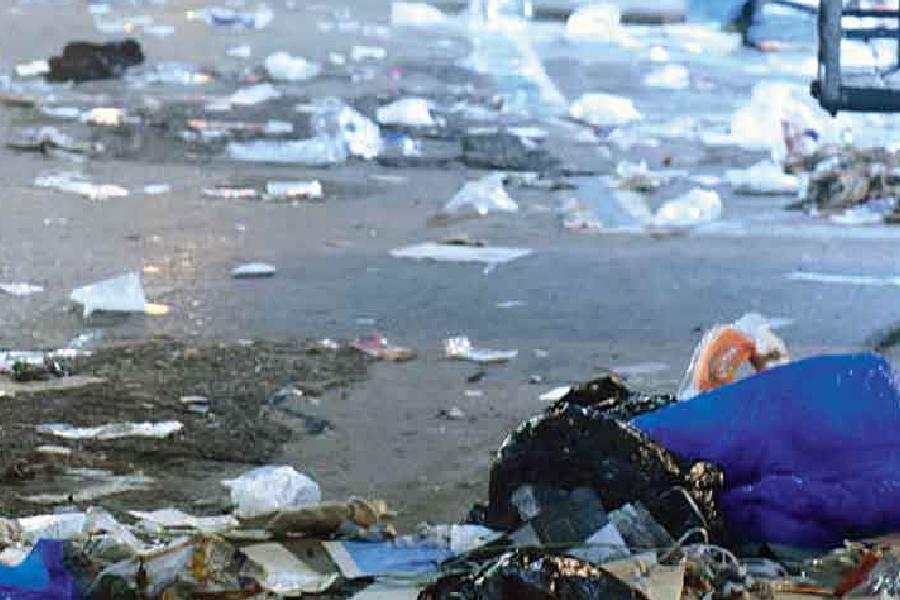Beginning Saturday, New Zealand will become the first country to ban the thin plastic bags that supermarket customers use to collect their fruit and vegetables.
The new ban will also extend to plastic straws and silverware, as the government expands a campaign against single-use plastics it started in 2019 when it banned the thicker plastic shopping bags that customers used to carry home their grocery items.
These days, most customers bring their own reusable tote bags to stores.
Officials estimate that on average, each New Zealander sends more than three-quarters of a ton of waste to landfills every year.
“New Zealand produces too much waste, too much plastic waste,” said Associate Environment Minister Rachel Brooking.
Brooking said the 2019 bag ban had already prevented more than 1 billion plastic bags from being used in New Zealand, and the new ban on thin bags would add a further reduction of 150 million bags per year.
Officials investigated concerns the latest ban wouldn't help the environment much if customers simply switched to using disposable paper bags to collect their fruit and vegetables.
“The answer was still yes, it's still worth doing this, but we really want to reduce single-use anything packaging,” Brooking said. “So we want people to be bringing their own bags, and supermarkets are selling reusable produce bags.”
Brooking said the emphasis would be on educating people but that officials could impose penalties on businesses that chose to flaunt the rules.
The Countdown chain of supermarkets has begun selling polyester mesh bags that can be washed and reused.
Catherine Langabeer, Countdown's head of sustainability, said the mesh bags were tested to be reused up to 5,000 times each. Countdown was working hard to get customers to think of reusable fruit-and-vegetable bags as the norm, she said.
“But we know change is hard and will take them a little while,” Langabeer said. “We get some grumpy customers."
She said other customers were finding creative ways to carry home their purchases without using any plastic.
Critics have questioned the liberal government's environmental record, pointing out that the nation's overall greenhouse gas emissions have not decreased since the government symbolically declared a climate emergency in 2020.











